Risk of data connection security
Associate Professor, Dr. Nguyen Truong Thang, Director of the Institute of Information Technology, Vietnam Academy of Science and Technology, said: "Digital data in the state management sector, ministries, branches, localities and the private sector are starting to connect with each other. When connecting data, there will be many risks if it is not standardized."
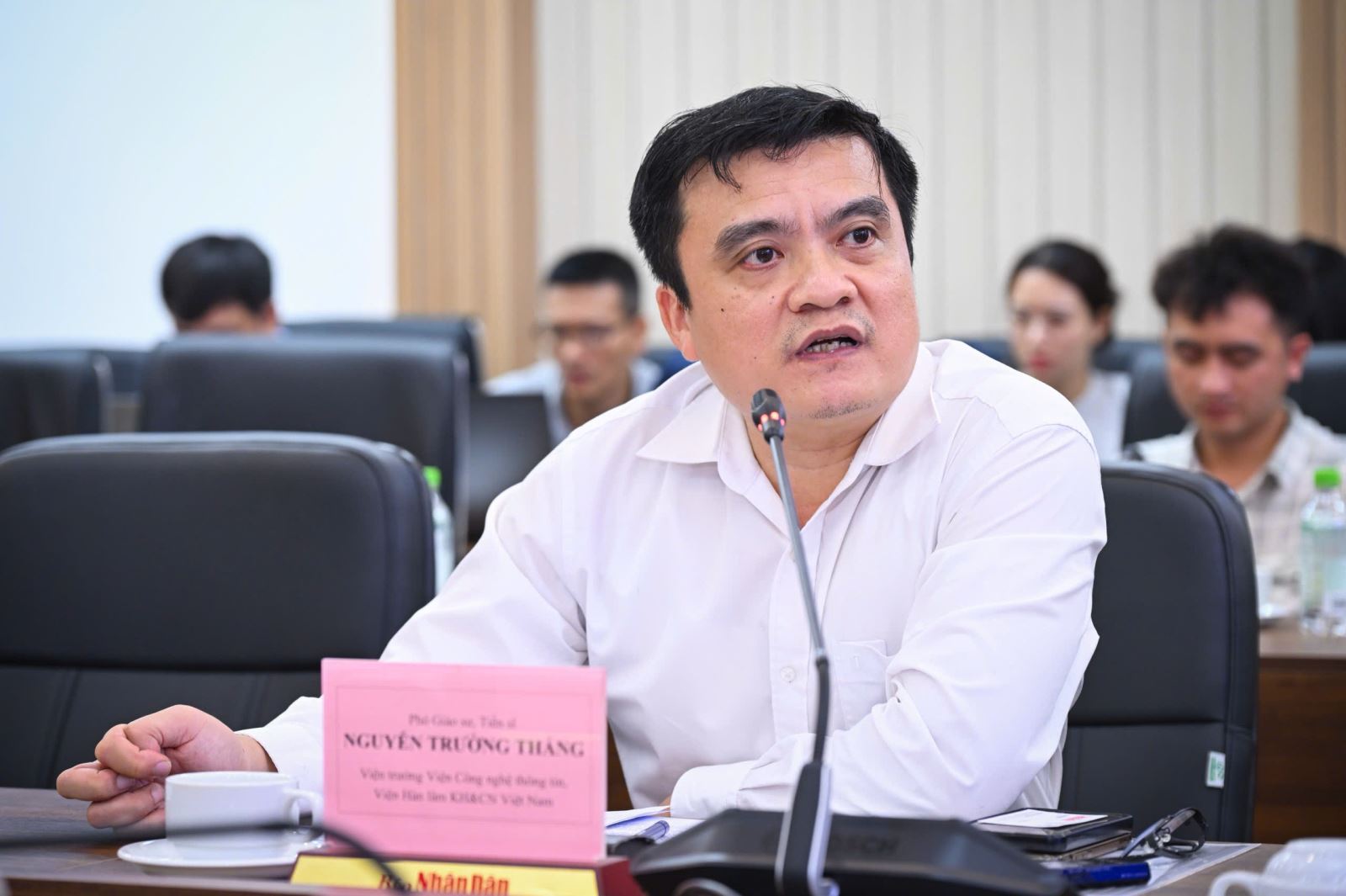
Currently, the risks of data interconnection between public and private systems occur at the following points: Technically, when implementing Digital Government with Project 06 managed by the Ministry of Public Security , the quality of the connection with ministries and branches in the public sector is relatively good.
Regarding the digital economy, which accounts for about 30-40% in the coming period, data conversion is uneven between state-owned enterprises and private enterprises. Each enterprise has its own way of investing. “Therefore, the State should soon have standards and a standard framework for other sectors to connect to the public sector. If attacked or infiltrated, the risk will affect the economy,” said Associate Professor, Dr. Nguyen Truong Thang.
Regarding data quality, the Digital Government is cleaning data, such as population data and soon land data. In the private sector, clean data depends on the investment of each enterprise. Unclean data when exploited can generate fake news in the data.
In addition, there is the coordination of data management. Data is not static, constantly changing. The generation of data requires management, authorization and standard encryption to prevent data from being put into risky areas. Vietnam needs a general engineer to soon have a new standard data framework to ensure safe and effective interaction.
Associate Professor, Dr. Nguyen Truong Thang also said: In the period of strong digital transformation, Vietnam has many technology startups, especially in artificial intelligence (AI). However, these businesses are having difficulty accessing official data. In fact, many AI startups are currently using open source AI tools, not self-developed and integrated into the processing system, considering it a solution.
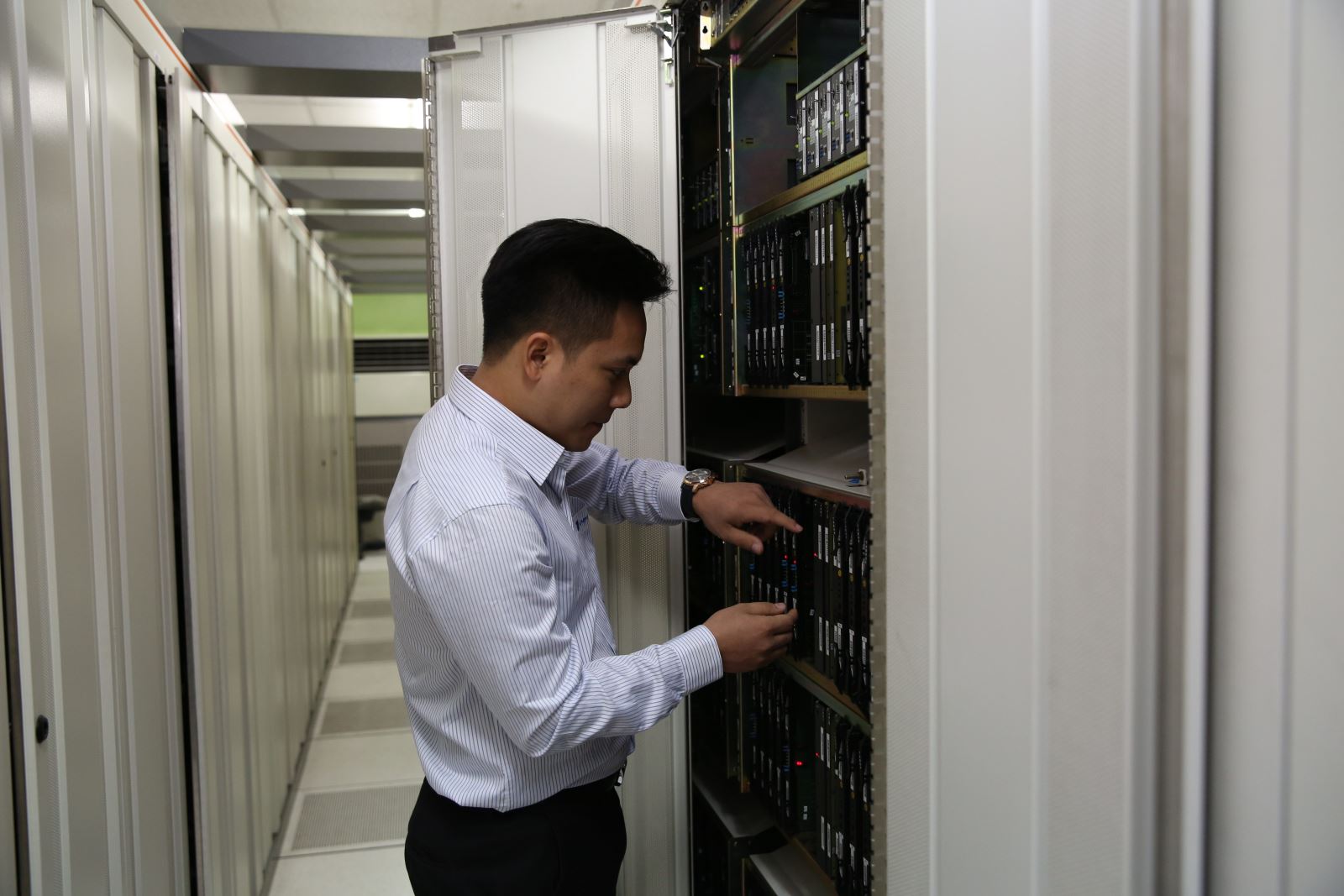
"Therefore, startups need to first ensure the development of their own technology. When providing AI data on the internal system, ensure that the Cyber Security Law does not allow data to flow abroad. Only then can system security and access to public sector data sources be ensured," Associate Professor, Dr. Nguyen Truong Thang shared.
Towards quantum technology
In the area of cyber security, current computer technology is a traditional semiconductor technology with only 0s and 1s. In terms of scientific and technological development, especially in the field of physics, many years ago, the phenomenon of quantum entanglement was discovered. In recent times, scientists have used quantum entanglement theories to test the speed of data processing through qubits (quantum bits).
The Institute of Information Technology under the Vietnam Academy of Science and Technology is focusing on the properties of quantum physics. In digital technology and semiconductor technology, quantum physics is a completely different concept when it comes to speeding up information processing and representing multi-state data.
“The Institute of Information Technology is building and conducting basic research on quantum computing and cannot yet commercialize it. From basic research to application and commercialization of products is a long process. Developed countries with investment resources such as the US and China are investing in research in this field. Currently, the Vietnam Academy of Science and Technology is cooperating with leading research centers in the world to study new technology. I think that it will take at least 10-15 years for commercial applications of this technology to come into practice, including the issue of encryption and data security,” Associate Professor, Dr. Nguyen Truong Thang commented.
Source: https://baotintuc.vn/khoa-hoc-cong-nghe/chuan-hoa-lien-thong-du-lieu-khu-vuc-cong-tu-20251005223517473.htm




![[Photo] National Assembly Chairman Tran Thanh Man receives First Vice Chairman of the Federation Council of the Federal Assembly of the Russian Federation](/_next/image?url=https%3A%2F%2Fvphoto.vietnam.vn%2Fthumb%2F1200x675%2Fvietnam%2Fresource%2FIMAGE%2F2025%2F12%2F02%2F1764648408509_ndo_br_bnd-8452-jpg.webp&w=3840&q=75)



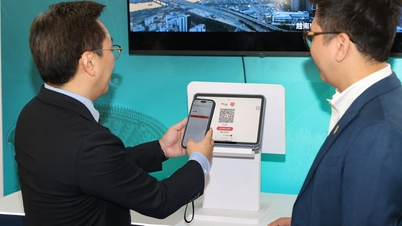




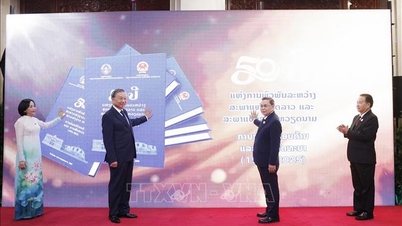
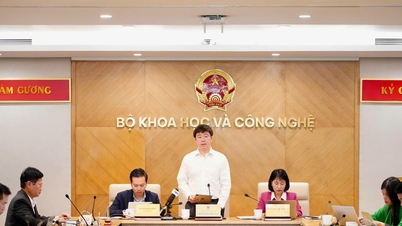
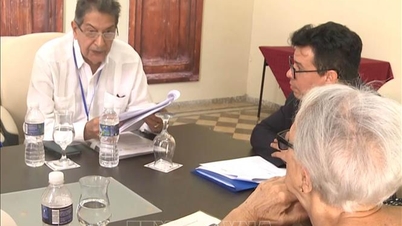
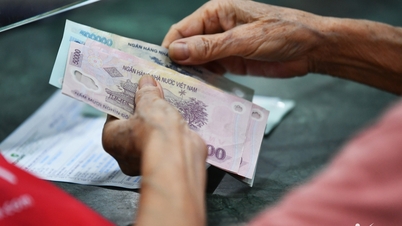

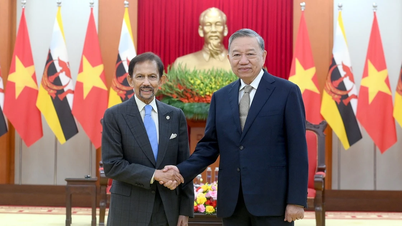


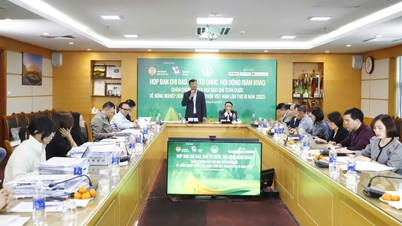
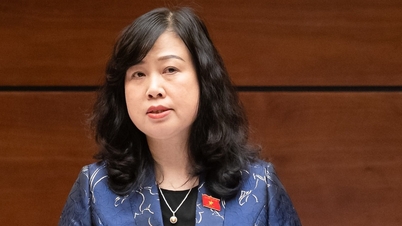






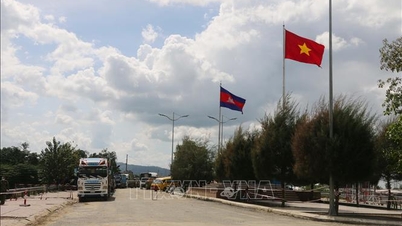
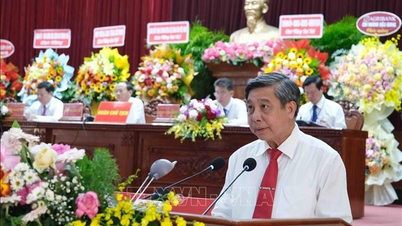
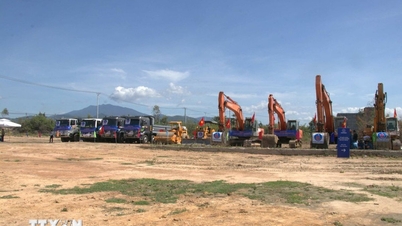

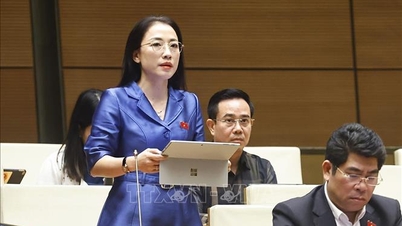
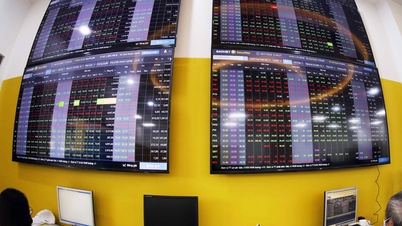







































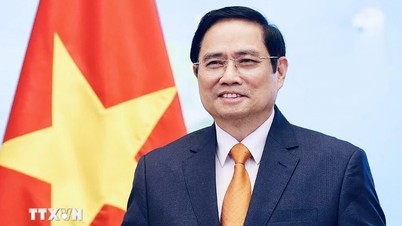


![[Photo] General Secretary To Lam and his wife attend the 50th Anniversary of Laos National Day](https://vphoto.vietnam.vn/thumb/402x226/vietnam/resource/IMAGE/2025/12/02/1764644139308_1.jpeg)
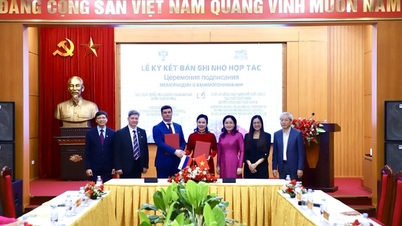




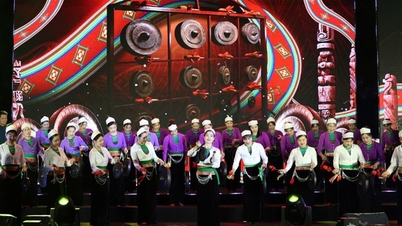

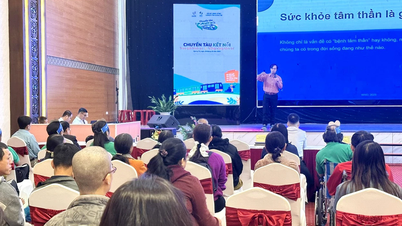

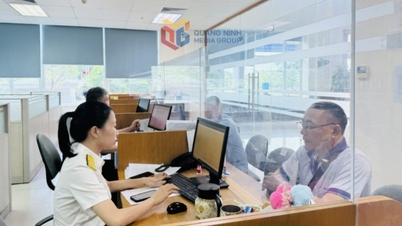

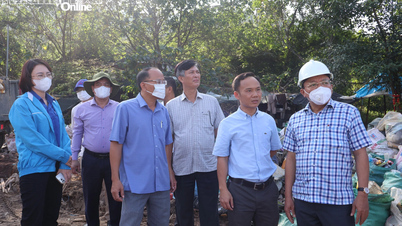

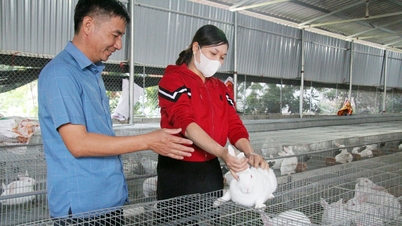


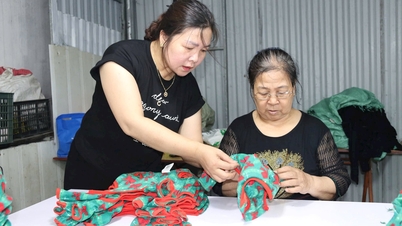














Comment (0)